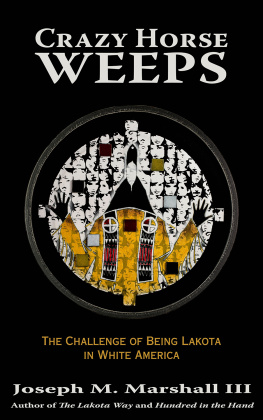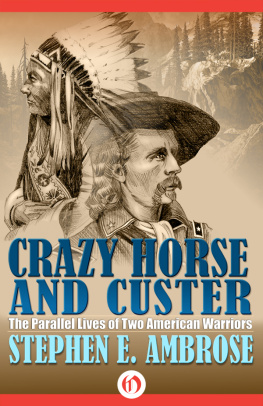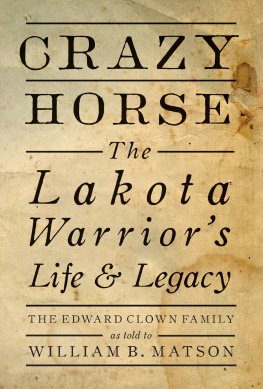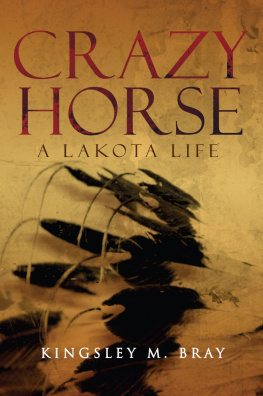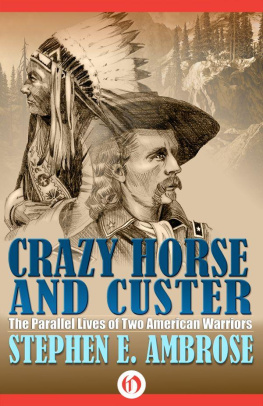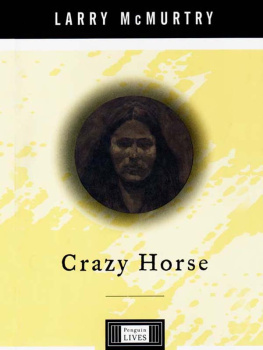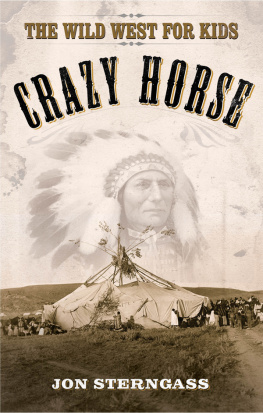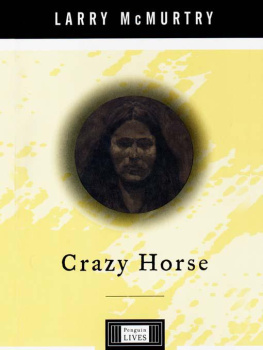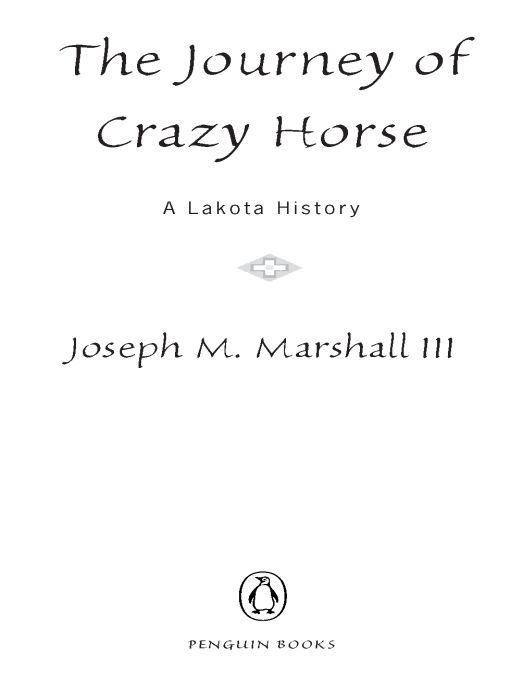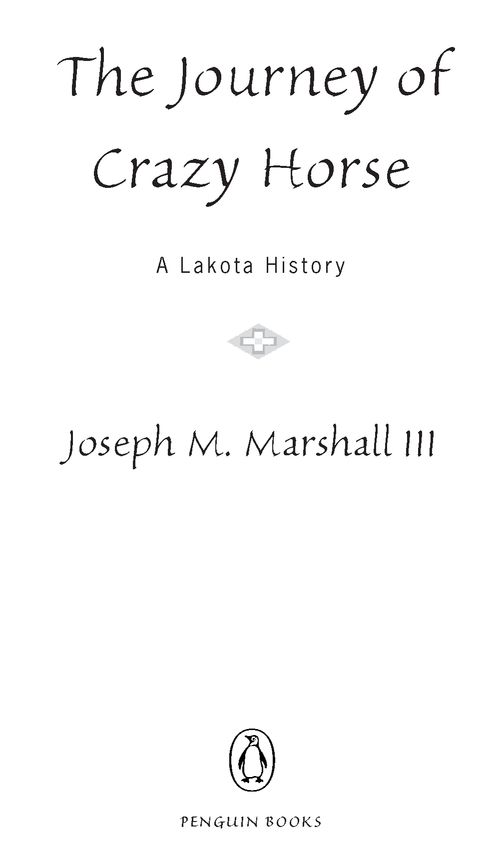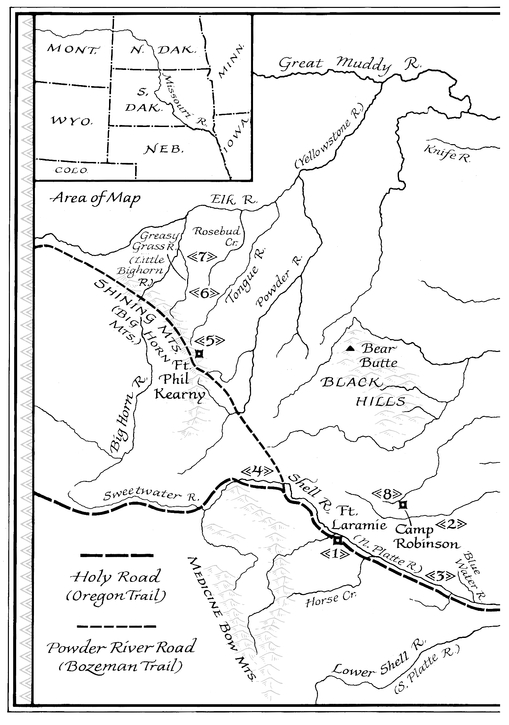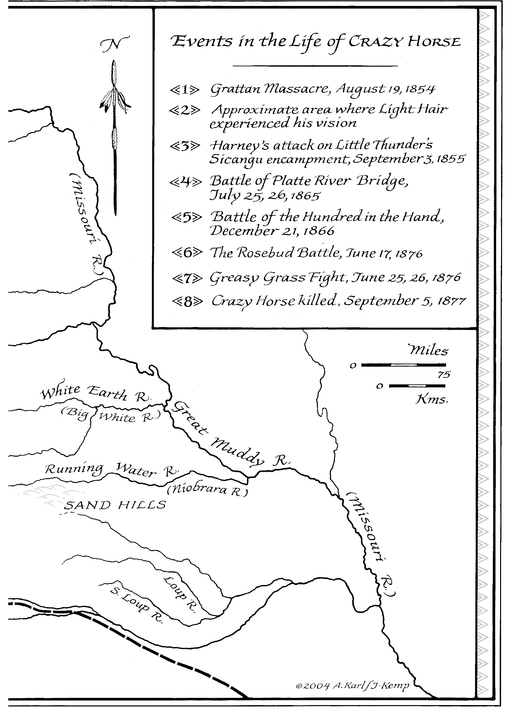The Journey of Crazy Horse a Lakota History - The journey of Crazy Horse : a Lakota history
Here you can read online The Journey of Crazy Horse a Lakota History - The journey of Crazy Horse : a Lakota history full text of the book (entire story) in english for free. Download pdf and epub, get meaning, cover and reviews about this ebook. City: New York, Montana, year: 2004, publisher: Penguin Books, genre: Non-fiction. Description of the work, (preface) as well as reviews are available. Best literature library LitArk.com created for fans of good reading and offers a wide selection of genres:
Romance novel
Science fiction
Adventure
Detective
Science
History
Home and family
Prose
Art
Politics
Computer
Non-fiction
Religion
Business
Children
Humor
Choose a favorite category and find really read worthwhile books. Enjoy immersion in the world of imagination, feel the emotions of the characters or learn something new for yourself, make an fascinating discovery.

- Book:The journey of Crazy Horse : a Lakota history
- Author:
- Publisher:Penguin Books
- Genre:
- Year:2004
- City:New York, Montana
- Rating:3 / 5
- Favourites:Add to favourites
- Your mark:
The journey of Crazy Horse : a Lakota history: summary, description and annotation
We offer to read an annotation, description, summary or preface (depends on what the author of the book "The journey of Crazy Horse : a Lakota history" wrote himself). If you haven't found the necessary information about the book — write in the comments, we will try to find it.
As the peerless warrior who brought the U.S. Army to its knees at the Battle of Little Bighorn, Crazy Horse remains one of the most perennially fascinating figures of the American West. Now Joseph Marshalla masterful storyteller, historian, and descendant of the same Lakota community that raised Crazy Horsegoes beyond that image in this one-of-a-kind portrait of the legendary leader. Drawing on extensive research and a rich oral tradition that is rarely shared outside the Native American community, Marshall gives us a uniquely complete portrait of Crazy Horse, from the powerful vision that spurred him into battle to the woman he loved but lost to circumstance. The Journey of Crazy Horse celebrates a long-standing communitys enduring culture and gives vibrant life to its most trusted and revered hero.
From Publishers WeeklyIn one of the first Penguin Lives biographies (1999s Crazy Horse), novelist Larry McMurtry drew on what scant facts he had to craft a brief and rather novelistic look at the legendary Lakota warrior. Here, Lakota author Marshall (The Lakota Way; Winter of the Holy Iron) draws on a rich Native American oral tradition to carefully and lovingly unfold the life of Crazy Horse as a storyteller would. The result is a vivid, haunting biography that acknowledges the authors boyhood hero worship but avoids hagiography. Raised on the Rosebud Sioux Reservation, Marshall recalls hearing his grandfather share stories of battles fought 75 years earlier against Long Hair, the Lakota name for Gen. George Custer, vanquished at the Battle of Little Bighorn. Marshall reveals Crazy Horse as loyal son, spurned lover, instinctive warrior, doting father, compassionate hunter and natural leader, one who reluctantly answered the call to serve and literally had no desire to talk about his exploits. Marshall sidesteps blood-and-guts combat scenes, emphasizing the larger picture of the Indians defiant, doomed struggle, as settlers and miners flooded the Great Plains of the Sioux tribes between the 1840s and the 1880s. This book adds spirit and life to our understanding of this enigmatic and important man.
Copyright Reed Business Information, a division of Reed Elsevier Inc. All rights reserved.
Marshalls portrait of Crazy Horse builds on Mari Sandozs 1942 biography of the great Lakota leader. Using his skills as a historian along with the oral histories Marshall collected from the children and grandchildren of contemporaries of Crazy Horse, he freshly characterizes the charismatic leader. The author of The Lakota Way (2001), Marshall seeks the man behind the legend; accordingly, less attention is paid to Crazy Horses battlefield exploits than to his leadership qualities. Although Crazy Horses famous taciturnity makes him an elusive subject, Marshall does a good job of bringing Crazy Horse to life by examining all his milestones: the boys early military training by High Back Bone; his doomed love for Black Buffalo Woman; his role as leader of one of the last remaining bands wishing to retain their traditional ways. Marshall includes a few reminisces of his own Lakota boyhood, which reveal some nice parallels. A highly readable, as-accurate-as-the-record-allows study of the nineteenth-centurys best-known Lakota chief. Rebecca Maksel
Copyright American Library Association. All rights reserved
The Journey of Crazy Horse a Lakota History: author's other books
Who wrote The journey of Crazy Horse : a Lakota history? Find out the surname, the name of the author of the book and a list of all author's works by series.

